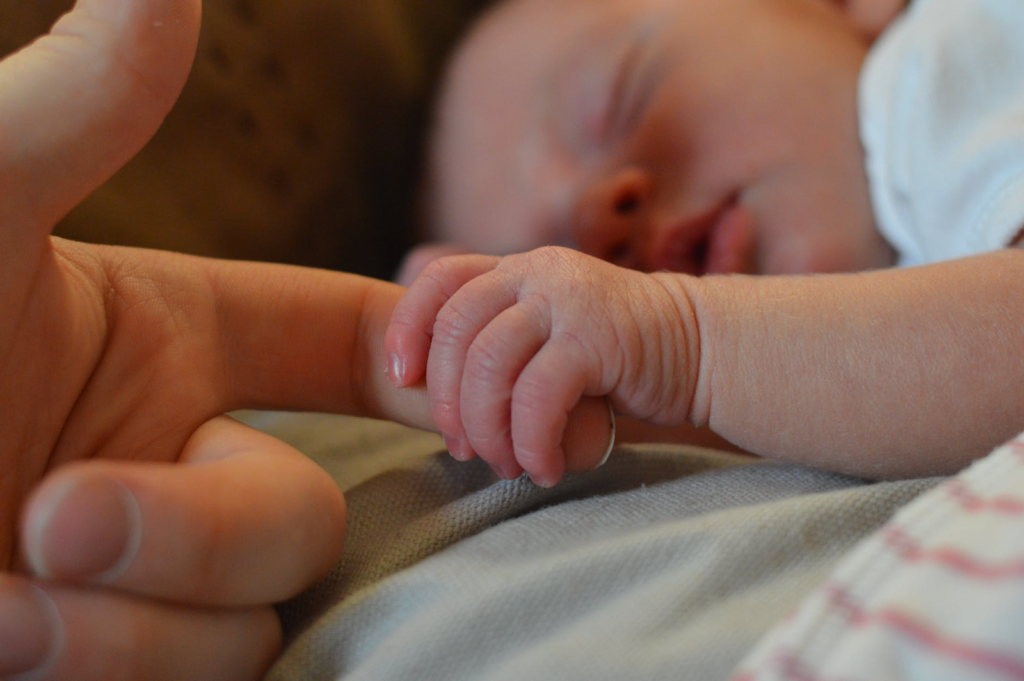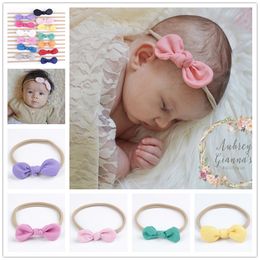
Sometimes starting a family does not always go as planned. It can be complicated, stressful, and very overwhelming. Sometimes we come to understand that we need to try different measures to achieve starting a family. Donor Egg 101: What You Need to Know About the Donor Egg Process
Look at any seventh-grade sex education textbook and you’ll gain a clear understanding of the reproductive process and how it’s typically achieved.
As students, we learn what to expect from traditional conception—unfortunately, what our teachers don’t explain is what happens when a person’s fertility journey doesn’t fall within the parameters of a “textbook experience.”
They don’t tell you what happens when you realize egg donation is the key to starting your family.
Whether it’s how to choose an egg donor or figuring out the physical process of an egg donation cycle, learning what’s involved is critical to a successful donor egg experience.
Am I a Good Candidate for Donor Eggs?
Most prospective parents don’t dream of the day when they’ll need to find an egg donor. Despite this, certain circumstances make it a necessary part of starting a family.
While many individuals can find fertility success with egg donation, specific groups tend to be more likely candidates for the process. This group includes anyone who has:
- Non-viable eggs, low egg count or quality
- Premature ovarian failure
- Low ovarian reserves
- Previously suffered from certain diseases, such as cancer
- PCOS
- Over the age of 40
- Recurrent pregnancy losses
- Unexplained infertility
- Genetic abnormalities
Are Frozen Donor Eggs or Fresh a Better Option?
While many patients automatically assume a fresh donor egg IVF cycle is the best option for their family, this isn’t always the case. In fact, many hopeful parents are deterred by the high cost and risk factors involved with a fresh egg donor.
Unlike frozen eggs, which have already been collected and stored, a fresh donor cycle involves retrieving your donor’s eggs while you’re being prepared to receive them—that means both individual’s cycles must be perfectly in sync.
This process includes a plethora of medications, doctors’ appointments, and lab tests. If not perfectly orchestrated, mistakes can occur, which can lead to cycle cancellation.
Conversely, with frozen donor eggs, your egg lot will be available for use whenever you’re ready to start your IVF cycle. And while some may still believe the quality of frozen eggs isn’t on par with fresh, this is no longer the case.
Thanks to an innovative flash-freezing process known as vitrification, eggs are now collected, flash-frozen, and protected against ice crystal formation and deterioration—ensuring they maintain the same quality they had on the day of collection.
Is the “Right” Egg Donor Out There?
Another advantage of using frozen donor eggs is receiving immediate access to many different egg donor profiles via your egg bank’s donor database.
Whether you’re looking for a donor with physical similarities, a particular ethnic background, or specific interests, the “right” individual is out there for you. What’s even better is when you work with a dependable egg bank, you can feel confident your egg donor was thoroughly screened using trusted processes like:
- Drug testing
- STD testing
- Genetic testing
- General health examinations
- Gynecological evaluations
- Psychological evaluations
- Family medical history analysis
What Happens During the Frozen Donor Egg Process?
After picking your egg donor, you’ll be ready to begin your frozen donor egg cycle.
First, you’ll be given a general health screening to determine your current reproductive health. This includes tests, such as bloodwork, transvaginal ultrasounds, and more. Using data collected during these procedures, your doctor will prescribe a regimen of fertility medications you’ll use to prepare your uterus and endometrial lining for the upcoming embryo transfer.
Your progress will be monitored through blood tests and ultrasounds. Once your body is ready, you’ll be scheduled for your embryo transfer, where your fertilized donor egg will be inserted directly into your uterus under the guidance of ultrasound technology.
Conquering Your Infertility One Donor Egg at a Time
Most of us probably don’t spend our lives educating ourselves on what to expect during a frozen donor egg cycle. Unfortunately, certain situations demand alternative reproductive assistance, which involves techniques —like egg donation, that you won’t hear about in any sex education classroom.
While the process of using donor eggs can feel overwhelming, it’s essential to take life one day at a time. Gather information on what a donor egg cycle entails, and figure out your best first step in making it happen.
When you dream of being a parent, don’t let confusion over a possible treatment keep you from making decisions that can change your life for the better.

Leave a Reply